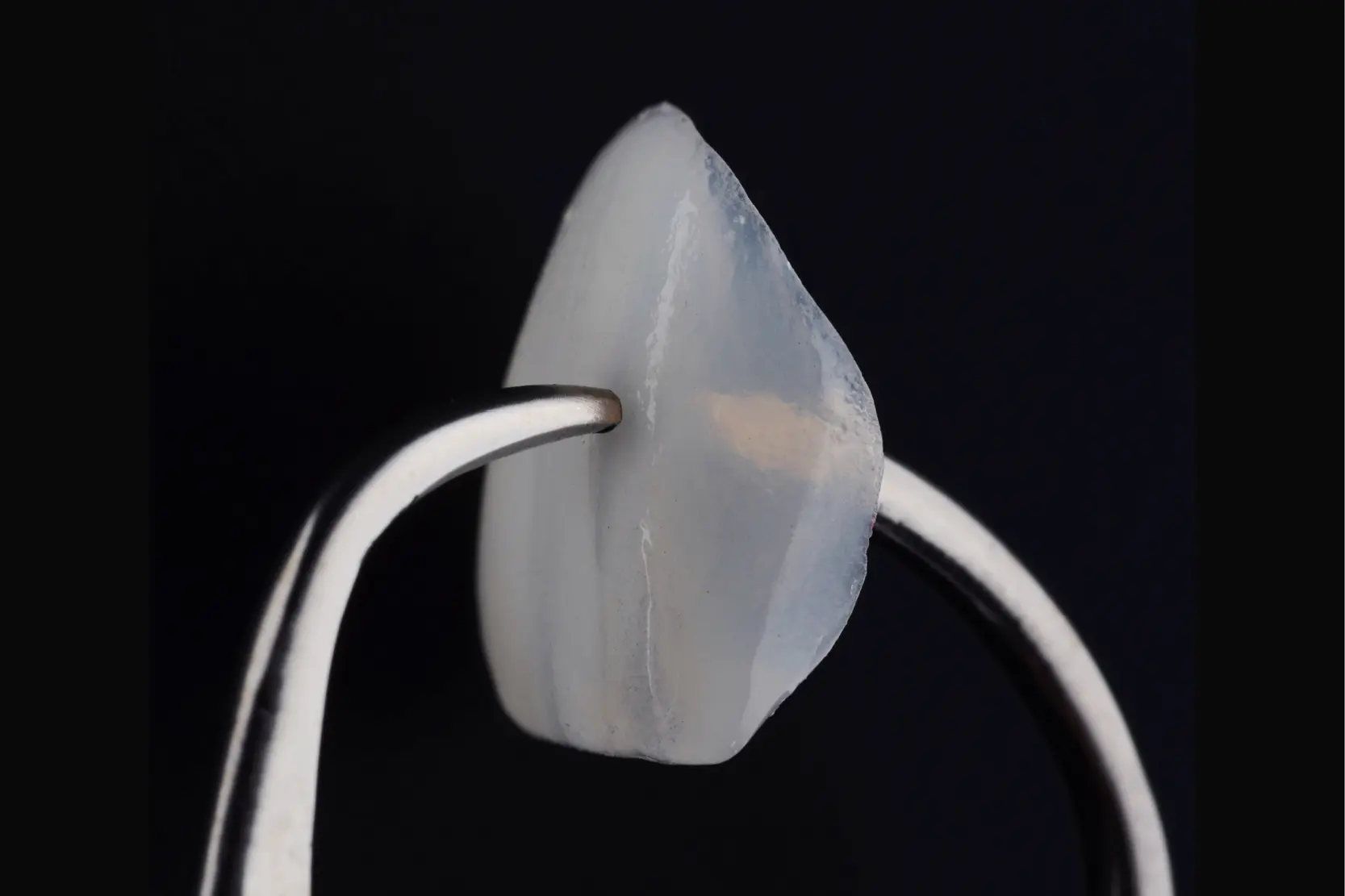No-prep veneers: advantages and possible disadvantages
No-prep veneers, also known as minimal-prep veneers or prepless veneers, offer an attractive option for individuals seeking to enhance the appearance of their smiles without significant alteration to their natural teeth. Here are some advantages and possible disadvantages:
Advantages:
Conservative Approach: No-prep veneers require minimal to no removal of tooth enamel, preserving the natural tooth structure. This is particularly beneficial for individuals who want to maintain the integrity of their teeth.
Quick and Painless Procedure: Since there's little to no enamel removal, the procedure is usually quicker and less invasive compared to traditional veneers. It typically involves fewer appointments and less discomfort for the patient.
Reversible: Because the natural tooth structure is preserved, it's often possible to reverse the procedure if desired. If a person decides to remove the veneers, their teeth will generally return to their original state.
Natural Appearance: No-prep veneers can provide a natural-looking result, enhancing the smile while maintaining a lifelike appearance.
Stain Resistant: Like traditional veneers, no-prep veneers are often resistant to staining, allowing patients to enjoy their favorite foods and beverages without worrying about discoloration.
Possible Disadvantages:
Limited Correction: No-prep veneers may not be suitable for correcting severe dental issues or major misalignments. They are primarily designed for minor cosmetic enhancements such as correcting small chips, discoloration, or minor irregularities.
Thickness: Since minimal to no enamel is removed, no-prep veneers may be slightly thicker than traditional veneers. This can affect the overall feel of the teeth and may take some time to adjust to.
Durability: While no-prep veneers are durable, they may not be as long-lasting as traditional veneers in some cases. Since they rely on the natural tooth structure for support, they may be more prone to chipping or damage if subjected to excessive force or wear.
Cost: The cost of no-prep veneers can vary depending on factors such as the material used, the dentist's expertise, and the location of the dental practice. In some cases, they may be more expensive than traditional veneers.
Not Suitable for Everyone: Not all individuals are suitable candidates for no-prep veneers. Your dentist will assess your oral health and cosmetic goals to determine whether this treatment option is right for you.
Before opting for any cosmetic dental procedure, it's essential to consult with a qualified dentist to discuss your options, expectations, and potential risks.
To read more click here our blog: No-prep veneers: advantages and possible disadvantages


Comments
Post a Comment